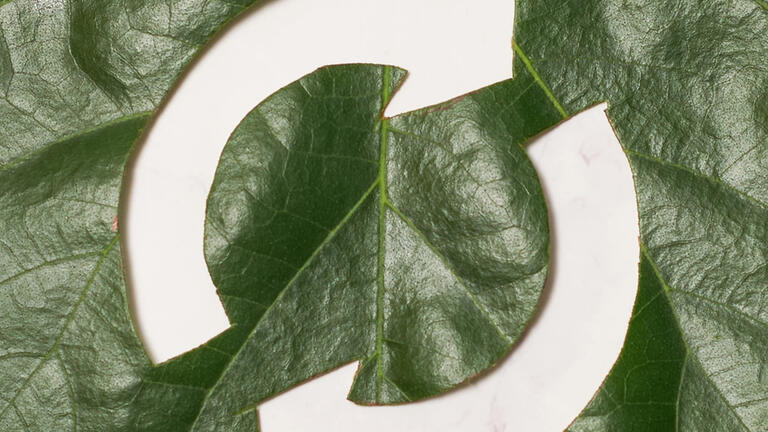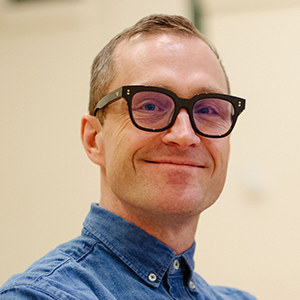Jonathan Chapman to Give Keynote at He Kāhui Mano- Tribal Summit


On October 7th, 2024, the School of Design’s Professor Jonathan Chapman will be a keynote speaker at the at the He Kāhui Mano - Tribal Summit. The He Kāhui Mano - Tribal Summit aims to explore the intersection of climate change, culture, and community, focusing on how indigenous communities can tackle local challenges and contribute to global change.
Chapman will delve into the importance of designing products that endure and contribute to a sustainable, circular economy in his keynote, "Product Moments, Material Eternities.”
Chapman will discuss why we often discard items that are still functional and how we can shift towards creating products and services that last. Key themes will include "object meaning," "urban mines," "maintenance and repair," and "rich experience." Through real-world examples and insights, the keynote will illustrate how strengthening our relationships with possessions can foster sustainability, combat overconsumption, and accelerate the transition to a circular economy.
“I'm truly excited to be part of the He Kāhui Mano - Tribal Summit because it represents a unique convergence of indigenous wisdom and modern sustainability practices,” said Chapman. “This event provides an invaluable platform to explore how traditional knowledge and contemporary design can come together to address global environmental challenges. I’m eager to share and learn from the community-led approaches that are rooted in cultural and social well-being. It’s a wonderful opportunity to contribute to meaningful discussions and initiatives that can drive systemic change on both local and global scales.
“Moreover, leveraging the power of design to enable new forms of social and ecological justice is like planting seeds for a more equitable and sustainable future.”
Chapman’s approach is rooted in the understanding that addressing complex, systemic challenges requires comprehensive, systems-level change. Transition Design, which is crucial for fostering long-term societal transitions toward more sustainable futures, is a significant focus at the School of Design. Many faculty members are deeply engaged in Transition Design, reflecting the school's commitment to integrating this concept at all levels of its curriculum. The PhD program in Transition Design, the only one of its kind globally, originated at the School of Design and embodies this transdisciplinary and forward-thinking approach.
“This unique and world-leading program aligns perfectly with the summit’s goal of integrating diverse forms of wisdom and knowledge, bringing together indigenous insights and modern design practices,” said Chapman, who is also the Director of Doctoral Studies at the School of Design. “Our emphasis on circular design strategies directly addresses waste and overconsumption—central themes of the summit.
“By combining traditional knowledge and contemporary design, we aim to drive meaningful, systemic change.”
Chapman is the author of five books at the intersection of industrial design, human experience, and sustainability. His most recent book, Meaningful Stuff: Design that Lasts (MIT Press, 2021) calls for an “experience heavy, materials light” design sensibility that increases the quality and longevity of our relationships with products, and demonstrates why design can—and must—lead the transition to a sustainable future.